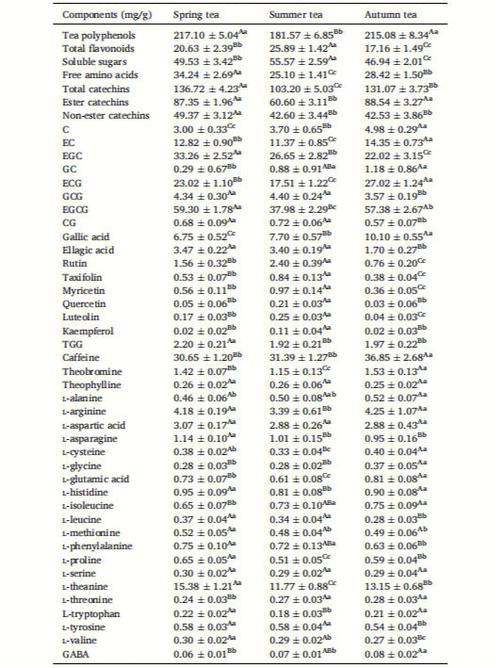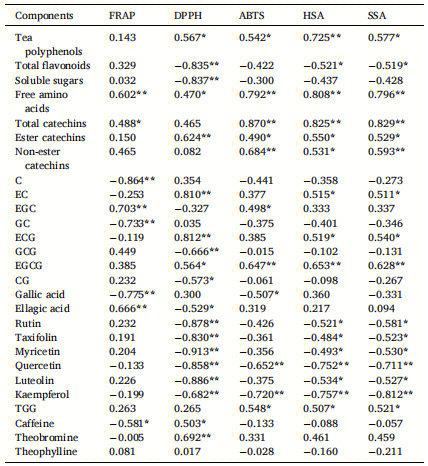
Applied Multivariate Statistics: A Detailed Introduction for You
Understanding the complexities of data analysis often requires a multifaceted approach. Multivariate statistics is a branch of statistics that deals with the analysis of more than one variable at a time. In this article, we will delve into the intricacies of applied multivariate statistics, providing you with a comprehensive guide to its various aspects.
What is Multivariate Statistics?
Multivariate statistics is a field that extends the principles of classical statistics to situations where there are multiple variables involved. It allows researchers to examine the relationships between these variables and to understand how they interact with each other. This is particularly useful in fields such as psychology, social sciences, economics, and environmental studies, where data is often complex and multifaceted.

Key Concepts in Multivariate Statistics
Before diving into the applications of multivariate statistics, it’s important to understand some of the key concepts that underpin this field. These include:
-
Correlation: Measures the strength and direction of the relationship between two variables.
-
Covariance: Measures how two variables change together.
-
Regression Analysis: Used to predict the value of a dependent variable based on the values of one or more independent variables.

-
Factor Analysis: Used to reduce the dimensionality of a dataset by identifying underlying factors that explain the relationships between variables.
-
Principal Component Analysis (PCA): Used to transform a dataset into a new set of variables that are uncorrelated and capture the maximum variance in the data.
Applications of Multivariate Statistics
Multivariate statistics has a wide range of applications across various fields. Here are some examples:
Psychology
In psychology, multivariate statistics is used to analyze the relationships between multiple variables, such as personality traits, cognitive abilities, and emotional states. For instance, researchers might use factor analysis to identify underlying factors that contribute to a person’s overall psychological well-being.
Social Sciences
In social sciences, multivariate statistics helps researchers understand the complex relationships between various social phenomena. For example, it can be used to analyze the factors that contribute to crime rates, income inequality, or political behavior.
Economics
In economics, multivariate statistics is used to analyze the relationships between economic variables, such as GDP, inflation, and unemployment. This can help policymakers make informed decisions about economic policies.
Environmental Studies
In environmental studies, multivariate statistics is used to analyze the relationships between environmental variables, such as temperature, precipitation, and biodiversity. This can help researchers understand the impact of climate change and develop strategies to mitigate its effects.
Software for Multivariate Statistics
There are several software packages available for performing multivariate statistical analyses. Some of the most popular ones include:
-
SPSS (Statistical Package for the Social Sciences): Widely used in social sciences and psychology.
-
Statistica: A comprehensive statistical analysis software used in various fields.
-
R: An open-source programming language and software environment for statistical computing and graphics.
-
Python: A general-purpose programming language that has become popular for data analysis due to its simplicity and flexibility.
Conclusion
Applied multivariate statistics is a powerful tool for analyzing complex data. By understanding the key concepts and applications of this field, you can gain valuable insights into the relationships between variables and make informed decisions based on your data. Whether you’re a researcher, a student, or a professional in any field, a solid understanding of multivariate statistics can help you navigate the complexities of data analysis.




